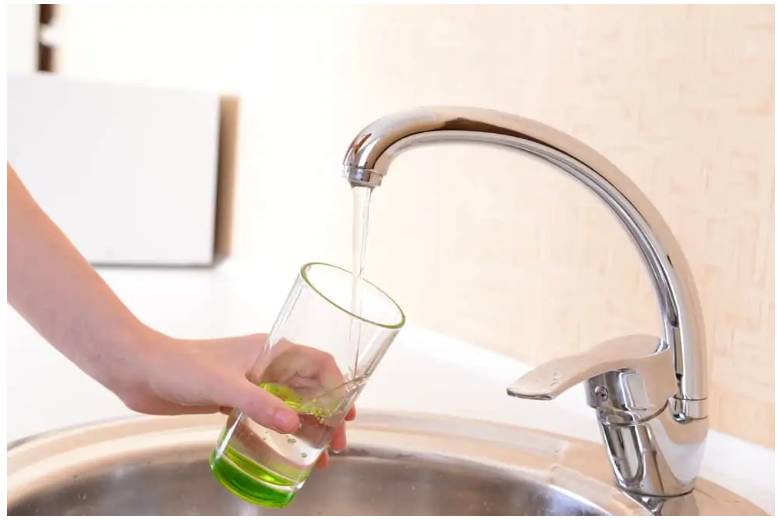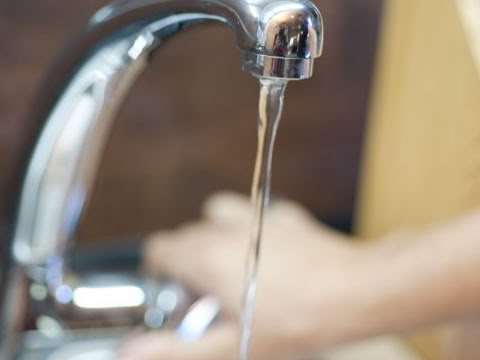Quick Remedies for Dealing with Low Water Pressure in Your Home
Quick Remedies for Dealing with Low Water Pressure in Your Home
Blog Article
In this article below you'll find a lot of helpful information in relation to Dealing with Low Water Pressure in Your Home.

Low water pressure in your house can be an aggravating issue, influencing whatever from showering to washing meals. If you're experiencing weak water circulation, there are several possible causes and remedies to explore. In this guide, we'll discuss common reasons for low water stress and practical actions to resolve the issue properly.
Introduction to Low Water Pressure
Low tide stress occurs when the circulation of water from your faucets, showers, and various other components is weak than typical. This can make everyday jobs much more difficult and less effective. Recognizing the causes of low tide stress is important to discovering the best service.
Typical Causes of Low Water Pressure
Pipeline Obstructions
Over time, pipelines can become blocked with natural resource, debris, or debris, limiting the flow of water. This is an usual problem in older homes with galvanized steel pipelines.
Rust
Rust within pipes can result in leaks and minimized water stress. Rust accumulation can tighten water circulation, especially in maturing plumbing systems.
Faulty Pressure Regulatory Authorities
Pressure regulatory authorities are in charge of maintaining constant water pressure in your house. If they malfunction, it can cause low water pressure or unequal circulation throughout your home.
Community Water Issues
Often, the trouble exists outside your home. Community supply of water concerns, such as main line leakages or upkeep job, can briefly decrease water stress in your location.
Exactly How to Detect Low Water Pressure
Checking Taps and Fixtures
Beginning by examining the water stress at different taps and components throughout your home. If the problem is separated to particular locations, it may suggest localized problems.
Inspecting Pipelines
Examine visible pipelines for signs of leakages, deterioration, or blockages. Take notice of any unusual noises, such as banging or rattling pipelines, which can show issues within the plumbing system.
Consulting with a Plumber
If you're incapable to determine the root cause of low water pressure, consider employing a specialist plumber to perform a detailed assessment. They can recognize underlying concerns and recommend suitable services.
DIY Solutions to Fix Low Water Stress
Cleaning Aerators and Showerheads
Natural resources can collect in aerators and showerheads, reducing water circulation. Get rid of and clean up these parts routinely to enhance water pressure.
Flushing Water Heater
Sediment accumulation in the water heater can restrict circulation and lower efficiency. Flushing the container occasionally aids get rid of sediment and maintain optimal performance.
Inspecting Pressure Regulatory Authority
Make certain that the pressure regulator is operating properly. Adjusting or replacing the regulator can aid restore proper water stress throughout your home.
Clearing Up Clogs in Pipes
For minor clogs, attempt utilizing a plumbing snake or chemical drain cleaner to clear blockages in pipelines. Beware when utilizing chemicals and follow safety and security guidelines.
When to Call a Specialist Plumber
If do it yourself efforts fall short to settle the problem or if you think considerable plumbing problems, it's finest to seek aid from a certified plumber. They have the knowledge and devices to address complicated concerns safely and effectively.
Safety Nets to Maintain Water Pressure
Normal Upkeep
Arrange regular upkeep for your plumbing system to stop issues such as rust, leakages, and blockages. Resolving minor problems early can assist stay clear of even more considerable fixings later.
Installing a Pressure Booster
Think about installing a pressure booster pump to boost water stress in areas with constantly low circulation. This can be particularly useful for multi-story homes or homes with high-demand components.
Monitoring Water Use
Bear in mind water use habits and avoid ill-using the plumbing system. Straightforward adjustments, such as astonishing showers and washing tons, can help keep sufficient water stress.
Final thought
Taking care of low water stress can be discouraging, but recognizing the underlying reasons and executing proper solutions can recover optimal circulation throughout your home. Whether it's cleaning aerators, evaluating pipelines, or talking to a plumber, taking proactive steps can guarantee a consistent supply of water for your day-to-day needs.
FOUR WAYS TO FIX LOW WATER PRESSURE NOW
Turning on a shower or faucet only to find the water comes out in a sad, slow drizzle is never a good feeling. How exactly are you supposed to wash a pan or take a quick shower when it takes 10 minutes just to rinse off a little soap? The good news is that when your water pressure is bad, there's always a cause: typically one that can be easily fixed. Here are some of the most common causes of low pressure and what you can do to fix the issue:
DEBRIS AND MINERAL DEPOSIT BUILDUPS
If you notice low water pressure from just one or two of the fixtures in your house, the problem likely has to do with debris buildup. Water is full of minerals and other debris, all of which can accumulate in your pipes and on your fixtures. This can cause a blockage that affects how much water flows through. To fix this, try filling a small plastic bag with white vinegar, and use a rubber band to hang it around your showerhead or faucet. Let the head of the fixture soak for a few hours, and the vinegar should loosen the deposits.
WATER LEAKS
Leaks are another common cause of low water pressure. If water is flowing out of your plumbing through a hole or crack before it can reach your fixture, the pressure coming out of the faucet or showerhead will be lower. A plumbing professional is your best bet for finding and repairing a leak in your water supply pipes.
Leaks are another common cause of low water pressure. If water is flowing out of your plumbing through a hole or crack before it can reach your fixture, the pressure coming out of the faucet or showerhead will be lower. A plumbing professional is your best bet for finding and repairing a leak in your water supply pipes.
FOUR WAYS TO FIX LOW WATER PRESSURE NOW
Turning on a shower or faucet only to find the water comes out in a sad, slow drizzle is never a good feeling. How exactly are you supposed to wash a pan or take a quick shower when it takes 10 minutes just to rinse off a little soap? The good news is that when your water pressure is bad, there's always a cause: typically one that can be easily fixed. Here are some of the most common causes of low pressure and what you can do to fix the issue:
DEBRIS AND MINERAL DEPOSIT BUILDUPS
If you notice low water pressure from just one or two of the fixtures in your house, the problem likely has to do with debris buildup. Water is full of minerals and other debris, all of which can accumulate in your pipes and on your fixtures. This can cause a blockage that affects how much water flows through. To fix this, try filling a small plastic bag with white vinegar, and use a rubber band to hang it around your showerhead or faucet. Let the head of the fixture soak for a few hours, and the vinegar should loosen the deposits.
WATER LEAKS
Leaks are another common cause of low water pressure. If water is flowing out of your plumbing through a hole or crack before it can reach your fixture, the pressure coming out of the faucet or showerhead will be lower. A plumbing professional is your best bet for finding and repairing a leak in your water supply pipes.
Leaks are another common cause of low water pressure. If water is flowing out of your plumbing through a hole or crack before it can reach your fixture, the pressure coming out of the faucet or showerhead will be lower. A plumbing professional is your best bet for finding and repairing a leak in your water supply pipes.
A VALVE ISSUE
If you have low water pressure throughout your home, check your main shut-off valve to make sure it's completely open. You may also want to see if there's a pressure-reducing valve installed. If there is, have a plumber help you adjust the settings to get the pressure you're looking for.
OTHERS USING WATER
Believe it or not, your low water pressure could be caused by your neighbors. If you notice low pressure at certain times of day, it may be because you and the people living next to you have similar schedules - when everyone is showering at the same time, the pressure will be lower in every home. Low pressure throughout the neighborhood may also be caused by an issue with your municipal water supply. If that's the case, call the supplier to see if they're working on the issue.
https://www.rotorooter.com/blog/water-leaking/low-water-pressure-fixes/

I was made aware of that write-up about 10 Reasons for Low Water Pressure in Your House from an associate on another domain. Liked our post? Please share it. Let someone else discover it. I praise you for your time. Don't hesitate to check our website back soon.
Call Today Report this page